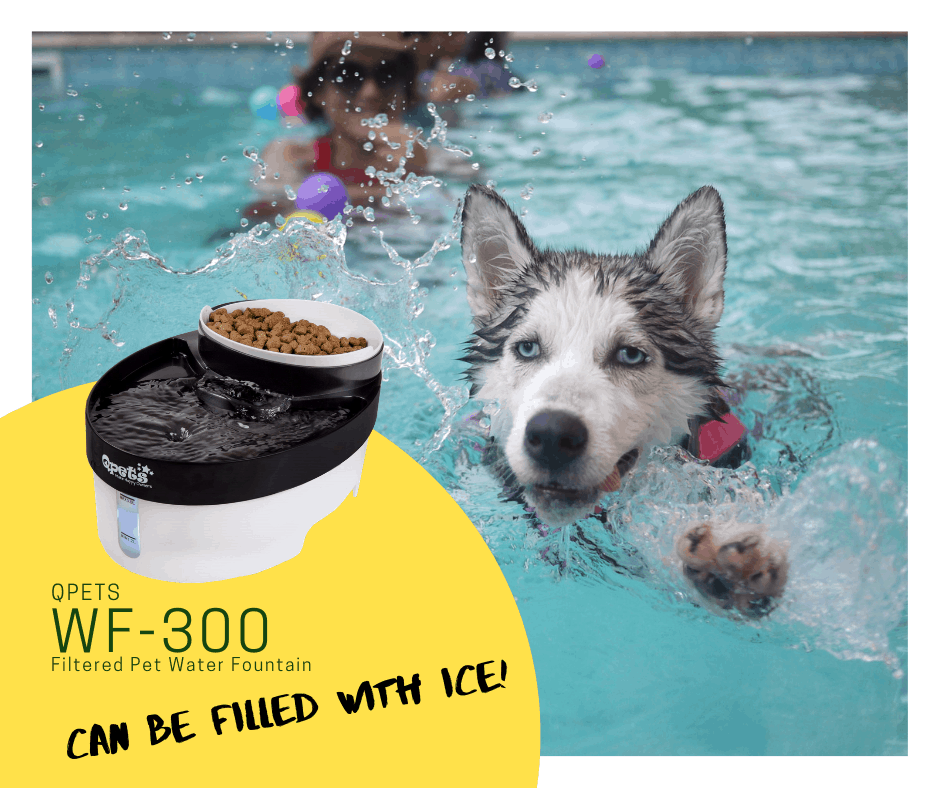Summer is already here and as temperatures rise, we must keep in mind ways to keep ourselves and our furry friends cool and safe. Animals respond differently than humans to heat, so dogs, cats and other pets need special care during hot weather. During extremely hot weather, it might not be safe to take your dog out for a walk, especially without shoes.
Keep in mind that if the pavement feels too hot to touch, it is too hot for them to walk on.
If you suspect the hot weather might have affected your pet, look for signs signs of heat stroke, such as fast and noisy breathing, difficulty swallowing and distressed behavior. According to the ASPCA, animals with flat faces, like Pugs and Persian cats, are more susceptible to heat stroke since they cannot pant as effectively. If you suspect your pet is having a heat stroke, place a cold, wet towel on the back of the animal’s head, and towel-wrapped cold compresses on their back legs and belly.
If your pet is elderly, overweight or has other health problems, avoid taking them outside and keep them in air-conditioned rooms instead. The pet should be immediately taken to the veterinarian to be checked. Especially during hot weather, make sure the pet has fresh drinking water that is served in a large container, instead of a shallow bowl, to allow the water to remain cold longer.
You can also try giving your pet ice cubes to eat or add them to the water bowl. Our Qpets WF-300 Filtered Water Fountain not only continuously filters your pets drinking water through a charcoal filter, but it also has a big reservoir that can be filled with ice cubes from an ice machine in your fridge or from any average size ice tray. If you keep the WF-300 outside in the shade or inside your home, it can keep the water cool for your pets all afternoon!

Don’t leave pets by themselves in cars, and keep pets at home if necessary.
If you want to take your dog on a walk, try taking them out early in the morning or evening, when the weather and pavement have cooled down.
In case of any health concerns, the ASPCA suggest you take a trip to the vet and have your pet get an early-summer checkup.



